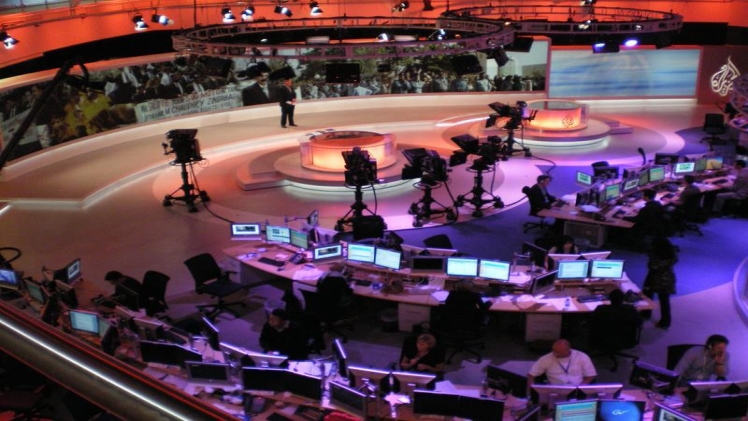The news has been existing for a very long time and can be found in any type of form (television, newspapers, social media, etc.). Politics, entertainment, and social updates are being shown all over the world, including breaking news. But what is the difference between ordinary and breaking news that you see on TV and other platforms? In this article, we’ll be discussing the importance of breaking news, its impact, and its effect on journalism and its audience.
What is breaking news?
You may have watched the news on television where reporters suddenly announce “breaking news”. Also called “special report”, or “news flash”, this segment is where reporters announce incidents and events that are usually unexpected or sudden. Examples of breaking news are tornadoes, fires, shootings, and such.
Breaking news is often used after the news organization has already covered the story. When a story has not been reported before, graphics and the phrase “Just In” are sometimes used instead. This type of news is often confusing and disordered but the media tries to make it look as organized as possible not to spread wrong information about the event. There has been a lot of misinformation spread when it comes to breaking news, especially now when most people rely on the internet for current or trending news updates and media outlets are fighting for the headline of breaking news.
Why is breaking news important?
Breaking news may seem unnecessary to others, but it is important for media outlets to let their audience know the current happenings around them. The purpose of having breaking news is to report on something more important than everything else reported at a particular time frame.
Publishing breaking news has become a priority for journalists around the world. Unfortunately, this can also sometimes lead to false information and details, which does not make a media outlet look good. Making a legitimate story requires a long process before media outlets publish or announce these kinds of news. Aside from that, they also have an unspoken race on who will come first with the story.
Here are some of the important factors in determining the right information in every breaking news:
- Never copy from other media outlets. In certain situations, there will be times when journalists will have to rely on their own. Getting references or copying from other journalists or media outlets could jeopardize their own news due to misinformation or obviously copying other journalists’ reports.
- Confirm information with witnesses. Getting information on breaking news, especially news that reporters didn’t see in person, often requires getting information from witnesses, but sometimes, witnesses can also give the wrong information. It’s better to ask more than one person about the incident to give your story a better foundation.
- Never assume or speculate. A journalist’s priority is always to find out the truth behind an event, no matter how subtle or chaotic it may be. Giving out assumptions is a gateway to giving false information to their audience.

